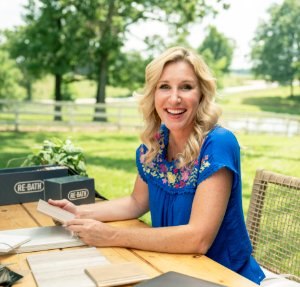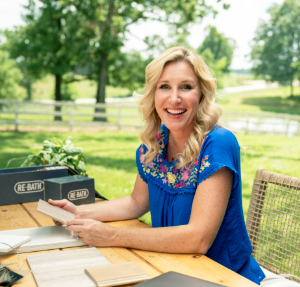Wendy Williams Is Finally Released from Her ‘Prison’ When She Meets Fired CNN Star Don Lemon

Image: Getty Images
Wendy Williams, the renowned television personality, recently made headlines when she stepped out of her assisted living facility, a place she has famously referred to as a “prison.” This much-anticipated outing had her enjoying dinner with former CNN anchor Don Lemon in New York City, marking a significant moment in her long journey toward reclaiming her independence. At 60 years old, Williams has faced numerous challenges, including health issues and a lengthy guardianship process, which has left her feeling isolated and constrained.
The Journey and Struggles Behind the Scenes

Image: Getty Images
Wendy Williams has been at the center of public attention due to her struggles with mental health and her battle with dementia. These issues have prompted a guardianship arrangement that many, including Williams herself, view as restrictive and debilitating. In fact, the former talk show host recently revealed that her guardian, Sabrina Morrissey, denied her permission to have dinner with her niece and new attorney, Joe Tacopina, just before her night out with Lemon.

Image: Getty Images
During her dinner outing, Wendy was dressed casually in blue denim shorts and a fuzzy black jacket, radiating a sense of joy that stood in stark contrast to her previous emotional state while under guardianship. With the help of her niece, she navigated her way onto a mobility scooter outside the restaurant, where they were soon joined by Don Lemon and his husband, Tim Malone. Their friendship has provided Wendy with a support system during this trying time, and she had previously opened up about her guardianship struggles during her appearances on Lemon’s podcast.
The Impact of Guardianship on Wendy’s Life
Describing her experience under guardianship as isolating, Wendy has expressed feelings akin to imprisonment. Despite claims made by her guardian that she is “permanently incapacitated,” Wendy has demonstrated cognitive clarity and the ability to manage her daily life. This juxtaposition has fueled public suspicion regarding the efficacy and legality of her guardianship arrangement.

Image: Getty Images
Amidst growing public support, including the rise of the #FreeWendy movement, Wendy is gearing up to challenge her guardianship in court. Her recent hiring of new legal representation signifies her commitment to regaining control over her life and autonomy. This decision has resonated with many fans and advocates who believe in her right to govern her affairs, as well as the importance of addressing the stigma surrounding health issues that have impacted her life.
The Media’s Role and Public Sentiment
The media has closely followed Wendy Williams’ journey, reporting on her emotional responses regarding her lack of autonomy and the societal perceptions of her health conditions. Her candid interviews shed light on the distress that comes with being under guardianship, and her determination to break free from these constraints has sparked a conversation about mental health, independence, and the rights of individuals facing similar challenges.

Image: Getty Images
In these recent discussions, Wendy continues to assert her desire for independence and the necessary steps she aims to take to terminate her guardianship. Her narrative serves as a beacon of hope to many dealing with similar situations, prompting conversations about the broader implications of guardianship laws and the need for reform. As public interest in her story grows, Wendy’s journey underscores the importance of compassion and understanding when discussing mental health and personal autonomy.

Image: Getty Images
As Wendy Williams steps into a new chapter of her life, filled with hope and support, her story encourages individuals to advocate for their rights and well-being. With her sights set on reclaiming her freedom, Wendy’s resilient spirit and public backing will surely play a vital role in the outcome of her ongoing battle.
If you’re inspired by Wendy’s story and want to learn more about mental health advocacy and the fight for autonomy, stay connected, share your thoughts, and lend your voice to those seeking freedom and understanding in a world that sometimes feels like a prison.





